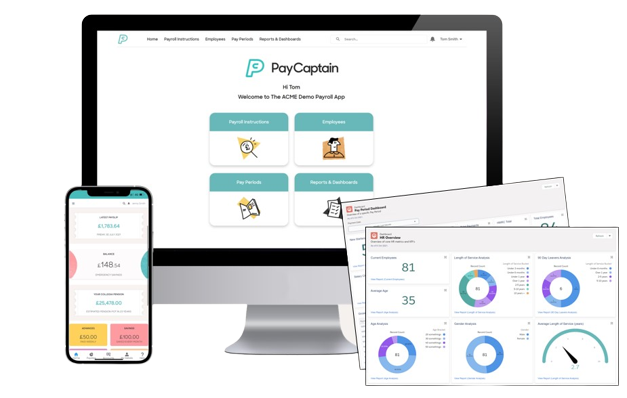Are you someone who knows exactly how much you paid and how much goes in and out of your bank account on a weekly or monthly basis?
If you are nodding yes to this, you might be surprised to discover you’re in the minority. In fact, quite a large percentage of working people are not financially confident, don’t have a personal budget, don’t understand their payslip, struggle between pay days and don’t have much – or any – in the way of savings.
Financial pressure comes from debating (or, worse, worrying) if there is enough money in their account to cover expenses such as rent or mortgage without incurring debt, or defaulting on payments. It also comes from putting heads in the sand and hoping it’s possible to manage until next pay day.
Financial wellness starts with knowing exactly how much is earned and spent, where the pressure points are, and the critical times, for ensuring that account balances can cover outgoings.
Creating a weekly expenses and monthly outgoings budget means that people:
• Know how much their income is and when it is paid into their account
• Have noted all bills that they have to cover on a regular basis (daily, weekly, monthly, quarterly, annually) and know when these payments are deducted
• Have made provision for other expenditure such as food, travel and personal expenses (lunch, personal care, entertainment, birthdays and Christmas)
• Know how much they are able to set aside for savings.
The longer the gap between paydays, the harder it is to budget. Salaries have to stretch further and budgeting for costs has to be better. One unforeseen or unbudgeted expense and suddenly the situation is even more difficult.
And that’s assuming that people actually do budget. While many are used to managing numbers / KPIs or a budget for their employer and tracking income and expenditure to the last penny, many don’t do it for themselves. Perhaps because it feels too difficult when not in a work context – or even generally?
The revolution starts here
What if there were an innovative solution that made it easier for people to manage their money and track their income and expenditure? What if this were all rolled into one system, along with salary to help people manage from one pay day to the next?
This is where PayCaptain comes in.
PayCaptain’s goal is to improve the financial resilience of the nation and reduce the negative effects of financial stress in the workplace. It’s an entirely new revolutionary way to pay employees. It puts them in control of their money and empowers them to manage their money in the best possible way for their needs. PayCaptain uses the latest technology to make pay more flexible, more accessible and more relevant for today’s workforce.
What this means in practice is a combined payroll and banking platform, flexible and accessible, and delivers greater values to employers and employees.
For employees:
• Employees can create a personal budget with PayCaptain’s Money Planning Tool and access helpful Financial Guidance.
• Free access to accrued earnings and weekly advances for work related or day-to-day expenses.
• PayCaptain can issue bank accounts and visa debit cards to employees without a bank account or for anyone who wants to keep some funds separated from their main/joint accounts.
• Employees can make payments to landlords / loans / credit cards direct from wages – eliminating risk of overspending before payment.
• PayCaptain makes it easy to save money every month. Money can be automatically transferred from wages to a savings account. And employers can encourage their people to save by paying interest on savings balances or by matching employee savings payments (like pension matching).
• The ability to make donations direct from gross wages to UK Charities and with the option for employers to match donations. There is a Payroll Giving Scheme built into the solution.
• PayCaptain’s unique “Flexible Payments” allow employees to choose exactly where, when and how they receive payments like bonuses, rewards and expenses.
These are just some of the features incorporated into the system. Not only does it make it easier for employees to manage their money and be firmly in control, it also enables companies to be more innovative with their pay and reward strategies. It’s a win-win.
And it’s going to revolutionise the world of payroll.
















